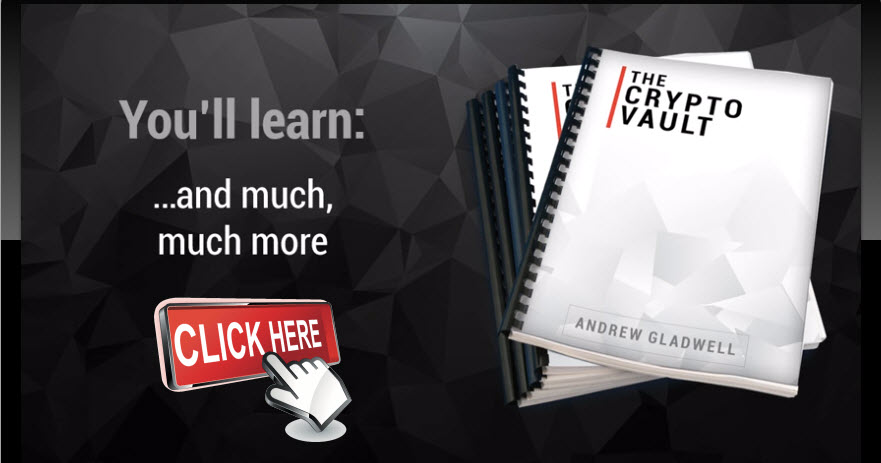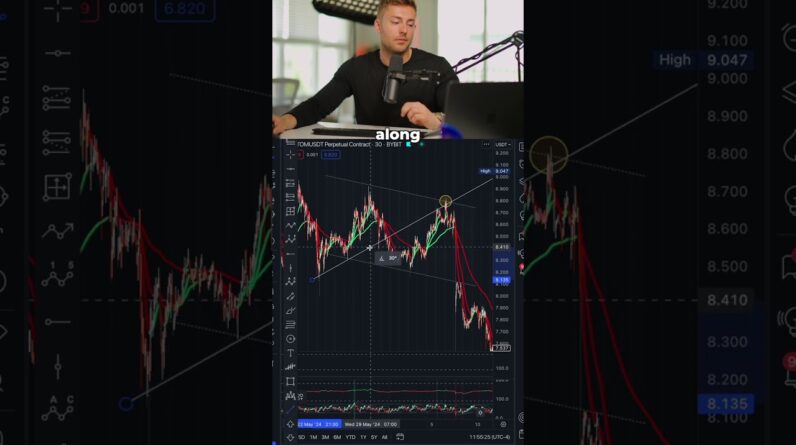
For Duke University Fuqua School of Business Professor Campbell Harvey, the classroom is a place to envision the future. By helping students forecast the future, including where technology will both foster growth and fade from relevance, he aims to help them make better career decisions as well as positively impact the world.
As part of that mission, his well-known course on blockchain has been wildly successful. Since launching in 2014, it has grown in popularity as an interdisciplinary look at the technology, involving a mix of as many as 200 graduate and undergraduate students from the University’s legal, business, engineering and computer science schools.
Blockchain Caucusing
This last semester provided his class with an opportunity to study a potential application of blockchain in real time. The day after the Iowa Democratic Party’s debacle in Iowa Caucus voting, the class pivoted to examine the reasons for the delay and then explore how blockchain could be used to improve future caucuses.
The class devised a system by which caucus leaders were allocated by the central headquarters a certain quantity of tokens representing the number of delegates they control. They could then vote by sending tokens to each candidate’s address (Buttigieg, Warren, Sanders, Biden, etc.) where each token represented a committed delegate.
It proved instantaneous, easy to track, completely transparent, and even allowed for mistakes to quickly be corrected by sending back the coins to Caucus leaders and having them resend to the candidate addresses. The exercise helped his students learn about real world applications for both blockchain and smart contracts.
Fighting COVID-19 Using Blockchain
Professor Harvey believes that blockchain also has immediate application in the fight against COVID-19. Specifically, as a tool for the effective tracking of coronavirus testing, vaccine production, and supply chain improvement.
Supply chains provide an example of both current and future applications of the technology. In the short term, blockchain can help ensure the integrity of production and distribution for critical items like PPE, consumer goods, or food supplies during a time of crisis. It can track every step for those essential items, including verification of quantity and quality as handoffs are made from one node to the next in the chain.
But as we look ahead, that same approach can be used to record provenance and freshness for our everyday food supply. He cites the example of a supplier using blockchain to track when strawberries are harvested, from which farm they originated, and whether it is organic or not. The blockchain then matches product quantities and batches as they are loaded on and off trucks and warehouses on their way to the final retailer.
By the time the strawberries end up on the shelf at a local grocer, the store knows exactly where they came from and when they were picked. Customers could even tap the chain to know how long they have to eat the strawberries before they likely turn moldy.
“The transparency is powerful,” said Professor Harvey.
UBRI and Duke University
Ripple’s University Blockchain Research Initiative (UBRI) has been a transformational force for Professor Harvey’s teaching of blockchain at Duke’s Fuqua School of Business. It has helped him introduce a new course called Tech-Driven Transformation of Business, which is 75% blockchain study, and retool a supply chain course to add blockchain to the curriculum. UBRI even helped add fintech and blockchain training to a course for Article III judges at the University’s law school.
Looking ahead, Professor Harvey believes that blockchain’s true potential is not just in remaking finance but as a “tool for democracy” improving society in general. He points to the 1.7 billion people in the world that are unbanked and so often live outside of social safety nets. He added a new module this year to his course called Social Impact and Blockchain.
He believes that blockchain provides a path for everyone to join the mainstream financial system, enabling direct connections without costly and inefficient intermediaries. Bringing those people into the fold is the ultimate real-world application and the fullest potential future for blockchain.
To learn more about UBRI, please visit our UBRI website and look for monthly Insights posts in the On Campus series.
The post On Campus: Fighting COVID-19 With Blockchain at Duke University’s Fuqua School of Business appeared first on Ripple.






